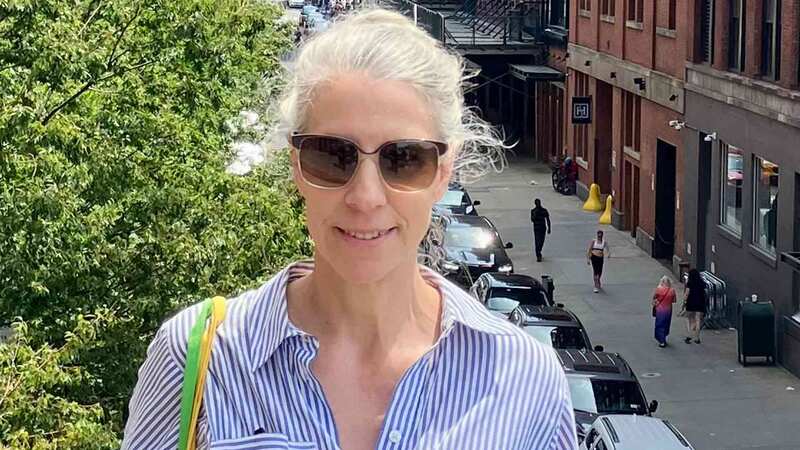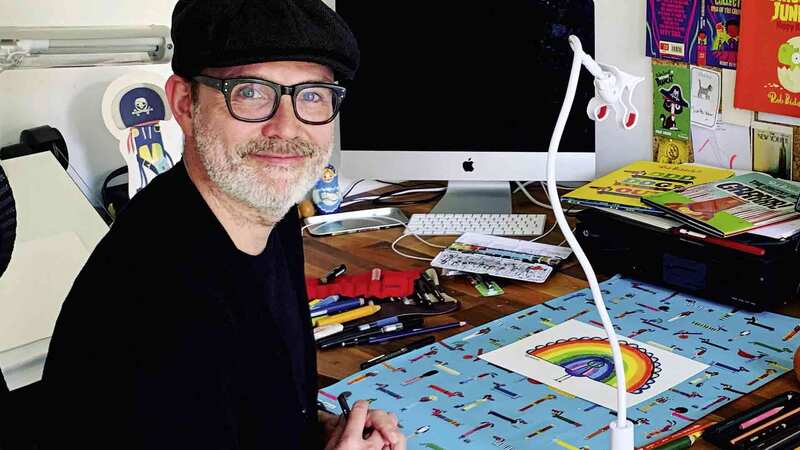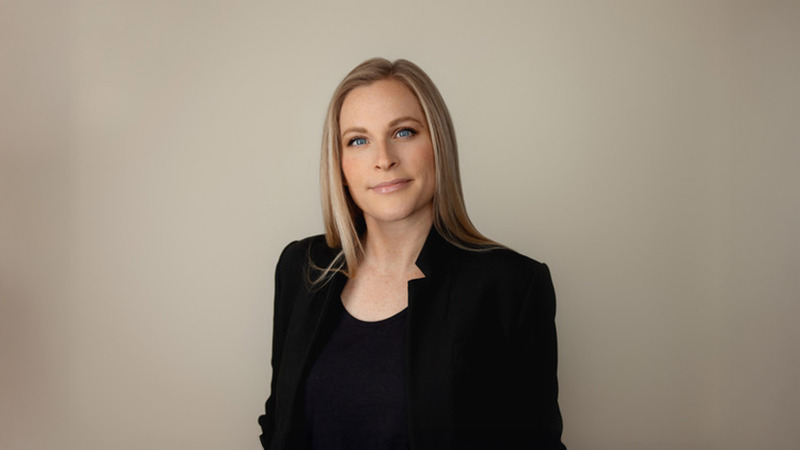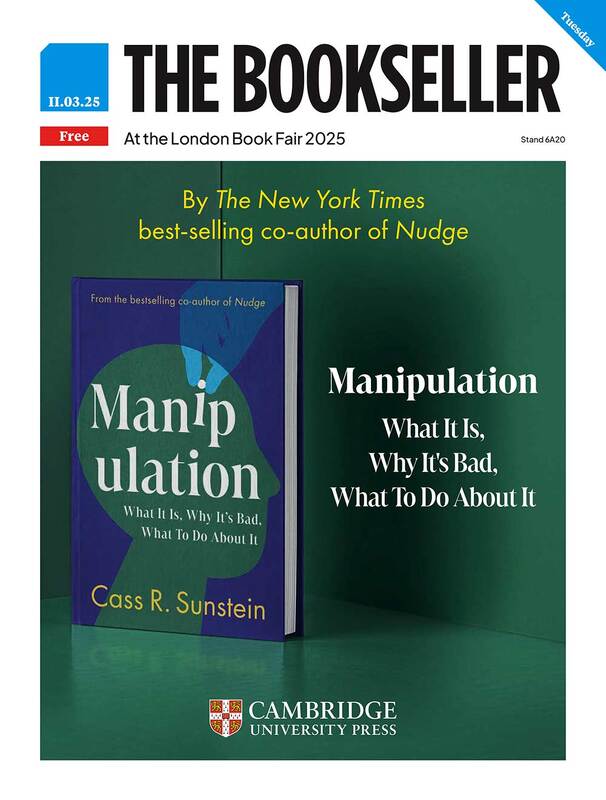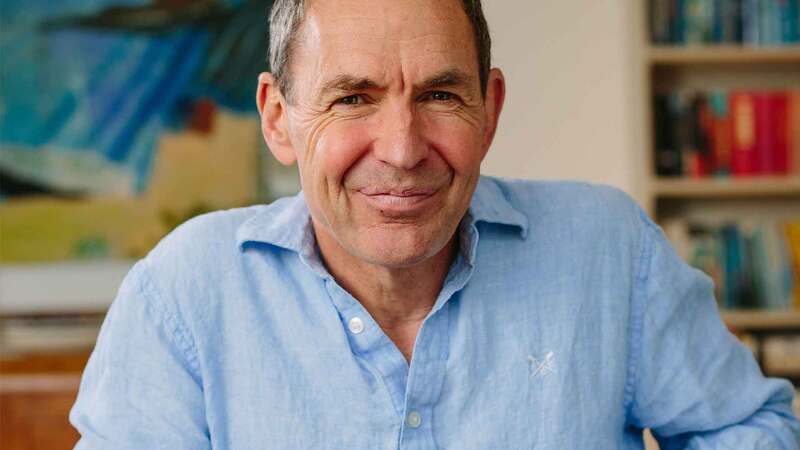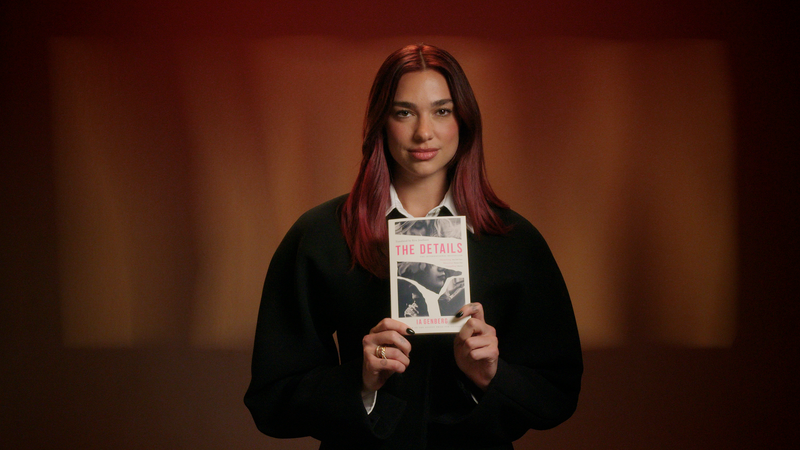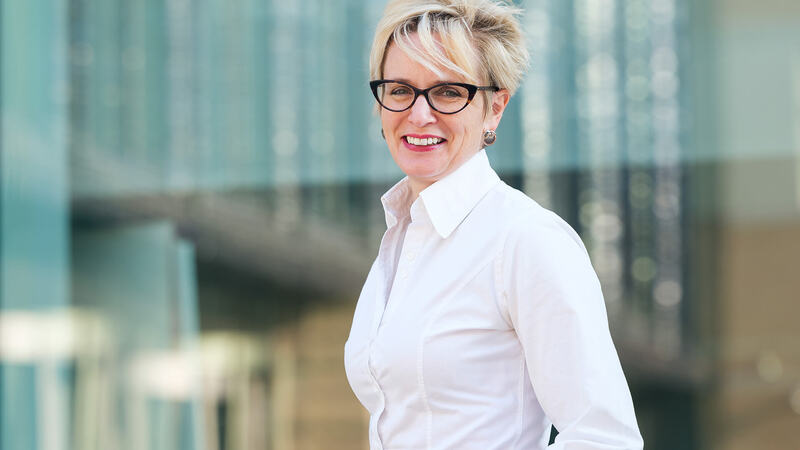You are viewing your 1 free article this month. Login to read more articles.
Hill: 2016 to be 'tough' year for CUP Academic
Mandy Hill, m.d. of the academic publishing division at Cambridge University Press, has said 2016 "is going to end for us as a very tough year", with the business facing "big internal changes which will result in reduced output".
Speaking yesterday (16th March) at a conference on university presses, University Press Redux, held at the University of Liverpool, Hill said her business was dealing both with a tough market, and a process of transformation involving new and extra cost and very little reduction in cost because of a continuing print operation, alongside digital, meaning "it often feels like we are running to stand still."
She said: "It's tough on resources, and there's a time burden. It's tough on people having to go through this amount of change".
In book publishing, CUP has created a new "content manager" role, merging an editorial and a production editor role, affecting over 50 members of staff. In a process which began late last autumn, all those jobs have ceased to exist, with the new content manager role handling titles from contract signature right through to publishing in digital or physical form. There have been no redundancies made as a result, but Hill said some people "were struggling with change because they liked the job they had" and that this had also affected commissioning editors, not directly, but through the changes within their teams.
"It's one of several changes, as we are looking at processes to ensure they are fit for purpose," she said.
However Hill said that this could still turn out to be the age of the university press. "Academic publishing is going through a real shift and none of us will come out unscathed - but we can choose to be active participants," she said.
Referencing CUP's declared mission of "disseminating knowledge in the pursuit of education, learning and research at the highest international levels of excellence", she said publishers must ask themselves hard questions such as: "Are we best positioned to fulfil this mission or would it be better for someone else who doesn't need to change so much [to do it]? What does it really mean for us to add value? To really support academics in what they are doing?"
CUP's "amazing content, generated over centuries", and its "fantastic people who really know what they are doing" means the publisher definitely has a role to play, Hill said. "We can change the bits we don't like."
And the fact that university presses don't extract money from the academic ecosystem but are part of it is really important, she said, quoting the aphorism "commercial publishers publish to make money, but university presses make money in order to publish." That can be a "really powerful" message to the academic community, she said.
"Some of the change in our industry is based on academics really hating academic profiteering," she noted. "Being close to academics, and defining our mission, we could be on the cusp of transforming [scholarly] communication and impact." Hill said CUP was having "exciting conversations with colleagues at the university library which would not have happened previously."
But she warned on Open Access: "We should not kid ourselves that green OA is sustainable. It will not be good if quality journals disappear."





